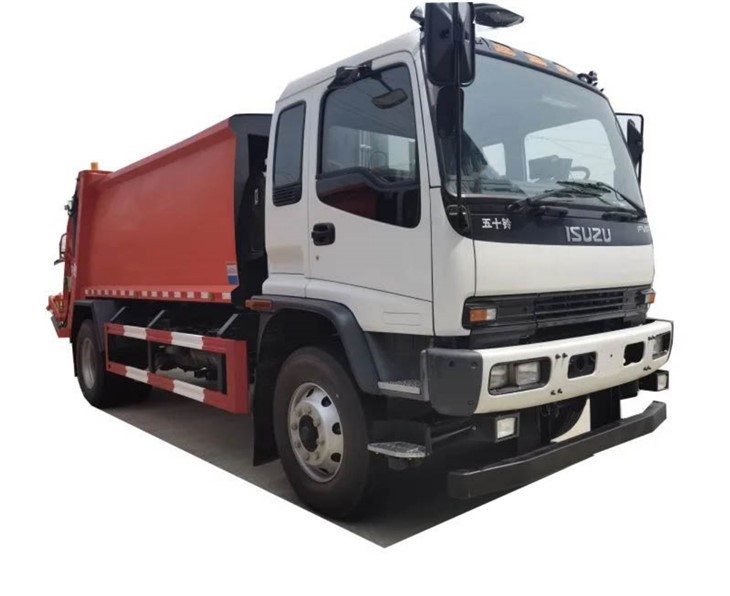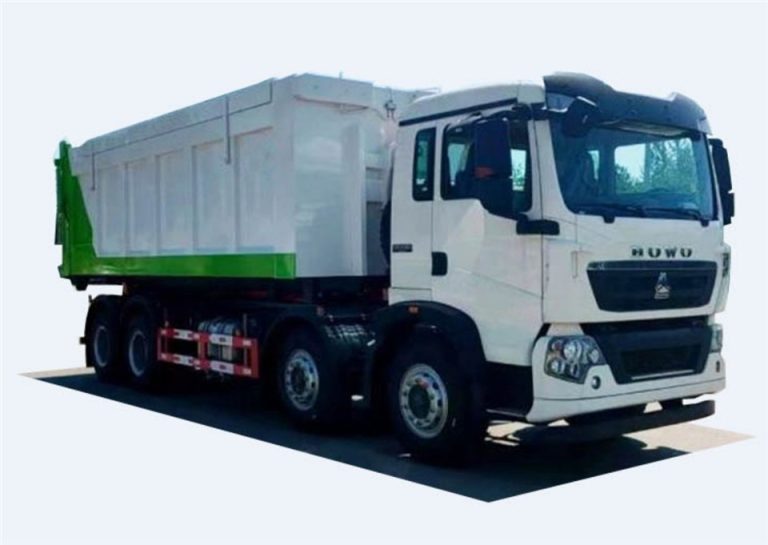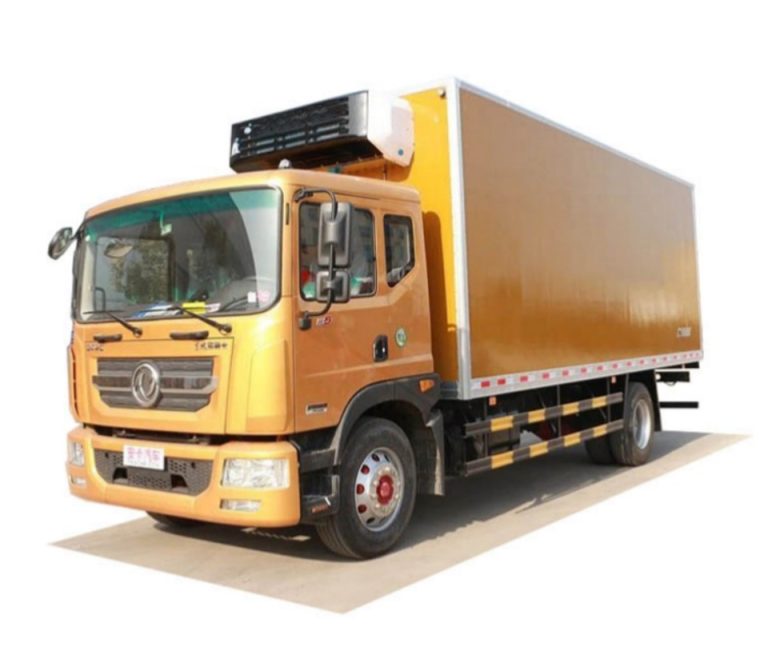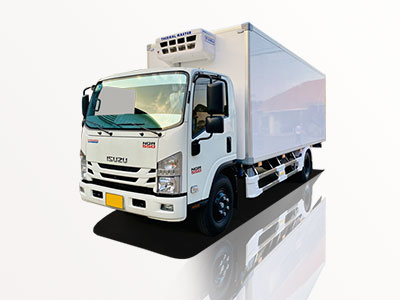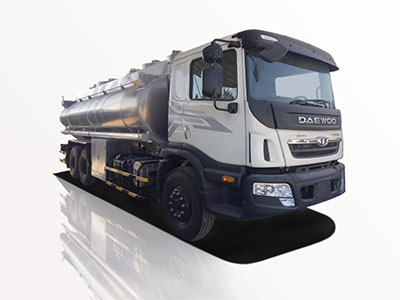Car carrier trucks play a vital role in the automotive industry, providing transportation services for everything from personal vehicles to vast fleets. In this comprehensive article, we will delve into the various aspects and benefits of car carrier trucks, their functioning, types, maintenance, and much more. This guide serves as a resource for anyone interested in understanding the importance and intricacies of these transportation giants.
Table of Contents
- What Are Car Carrier Trucks?
- Types of Car Carrier Trucks
- How Do Car Carrier Trucks Work?
- Benefits of Car Carrier Trucks
- Choosing the Right Car Carrier Truck
- Maintaining Your Car Carrier Truck
- Legal Requirements for Car Carrier Trucks
- Practical Tips for Using Car Carrier Trucks
- Common Mistakes to Avoid with Car Carrier Trucks
- Frequently Asked Questions (FAQs)
What Are Car Carrier Trucks?
Car carrier trucks are specialized vehicles designed to transport cars from one location to another. These trucks come equipped with multiple tiers to hold several vehicles at once and are crucial for dealerships, auctions, and logistics companies. They are built to ensure the safe loading, transport, and unloading of vehicles, making it easy to move cars across long distances.
Key Features of Car Carrier Trucks
- Multiple Levels: Most car carriers have two or three levels to maximize capacity.
- Tie-Down Systems: These systems secure the vehicles during transport.
- Hydraulic Lifts: Some models use hydraulic lifts for easy loading and unloading.
- Durability: Car carriers are built with strong materials to withstand the weight of multiple vehicles.
Types of Car Carrier Trucks
Understanding the types of car carrier trucks is essential in selecting the right one for your needs. The main types include:
1. Open Car Carriers
These are the most common types of car carriers, allowing vehicles to be transported in an open environment. They are usually less expensive and offer the ability to haul multiple vehicles at once.
2. Enclosed Car Carriers
For added protection against the elements, enclosed carriers shield vehicles within a secure container. This option is ideal for luxury or classic cars requiring extra care during transport.
3. Single Level Car Carriers
Single-level car carriers are perfect for transporting a limited number of vehicles, often used for moving specific individual cars rather than larger loads. They are more versatile and easy to maneuver in tight spaces.
Table: Comparison of Car Carrier Types
| Type | Capacity | Protection Level | Cost |
|---|---|---|---|
| Open Car Carrier | Up to 10 cars | Low | Low |
| Enclosed Car Carrier | Up to 6 cars | High | High |
| Single Level Carrier | 1-4 cars | Medium | Medium |
How Do Car Carrier Trucks Work?
Car carrier trucks operate by loading vehicles onto their platforms through a series of ramps and hydraulic systems. The process typically involves the following steps:
Loading Vehicles
Once on-site, the driver maneuvers the truck into position, using ramps to drive the vehicles onto the carrier. Hydraulic lifts may assist in raising the load where necessary.
Securing the Load
Tie-down straps and chains are employed to secure the vehicles, preventing movement during transport. Proper securing methods are crucial to avoid damage.
Transporting Vehicles
The driver navigates the route while adhering to local and national traffic laws. Open carriers may offer visibility, but drivers must remain vigilant for weather changes and road conditions.
Benefits of Car Carrier Trucks
Utilizing car carrier trucks provides several notable advantages:
Efficient Transport
Car carriers enable the transport of multiple vehicles in one trip, saving time and fuel costs.
Safety
These trucks are designed to protect vehicles during transport. The risk of damage is reduced compared to moving vehicles with standard trucks.
Cost-Effectiveness
Transporting multiple cars together often results in lower shipping costs per vehicle, making it a more economical solution for dealerships and individuals.
Choosing the Right Car Carrier Truck
Selecting the appropriate car carrier truck is essential for maximizing efficiency. Here are factors to consider:
1. Capacity Requirements
The number of cars you need to transport will dictate the type of carrier you choose. Ensure that the carrier can accommodate your maximum load.
2. Route Considerations
Analyze the routes you’ll be taking. Open carriers are more suited for less protected environments, while enclosed carriers work well on multi-state transports.
3. Vehicle Types
If you will be transporting luxury or performance vehicles, consider investing in an enclosed carrier for additional protection.
4. Budget
Your budget may limit your options. Be sure to weigh the benefits of different carriers against their costs.
Maintaining Your Car Carrier Truck
Regular maintenance is crucial in ensuring that your car carrier truck operates efficiently and safely. Follow these guidelines:
1. Routine Inspections
Conduct regular checks on the tires, brakes, and hydraulic systems. Early detection of issues can prevent costly repairs.
2. Cleaning
Keep the truck clean to maintain its appearance and reduce the risk of rust and corrosion. Remove debris and wash the exterior and undercarriage regularly.
3. Lubrication
Ensure all moving parts, including hydraulic lifts and tie-down systems, are lubricated to ensure smooth operation and longevity.
Legal Requirements for Car Carrier Trucks
Before operating a car carrier truck, it’s essential to familiarize yourself with local, state, and national regulations.
1. Licensing
Drivers may require a specialized commercial driver’s license (CDL) for operating larger car carriers.
2. Weight Restrictions
Ensure that the loaded weight of the carrier complies with weight restrictions based on the routes being taken. This includes accounting for the weight of the vehicles being transported.
3. Insurance
Proper insurance coverage is essential. This includes liability and cargo insurance to protect against accidents and damage during transport.
Practical Tips for Using Car Carrier Trucks
Here are some practical tips for effectively using car carrier trucks:
1. Plan Your Route
Before setting out, thoroughly plan your route to avoid road closures, weight limits, and other obstacles.
2. Use Technology
GPS tracking and Fleet Management Systems can enhance your efficiency and provide real-time data on vehicle locations.
3. Keep Communication Open
Maintain clear communication with your team, especially regarding loading and unloading times and any specific vehicle handling instructions.
Common Mistakes to Avoid with Car Carrier Trucks
Avoiding pitfalls can save time, resources, and potential vehicle damage. Here are common mistakes to watch for:
1. Neglecting Maintenance
Skipping routine maintenance checks may lead to unexpected breakdowns, putting you behind schedule.
2. Improper Vehicle Securing
Failing to secure vehicles properly can lead to damage or accidents during transport.
3. Ignoring Weight Limits
Exceeding weight limits not only poses safety risks but can also result in legal repercussions and fines.
Frequently Asked Questions (FAQs)
1. How many cars can a car carrier truck hold?
The number of cars varies based on the type of carrier. Open carriers can typically hold up to 10 cars, while enclosed carriers generally hold up to 6 vehicles.
2. What is the average cost of hiring a car carrier service?
Costs can vary significantly based on distance, vehicle type, and carrier type, but on average, you might expect to pay between $500 to $1,500 for transport.
3. How do I prepare my car for transport?
Perform a vehicle inspection for damage, remove personal items, and ensure the fuel tank is no more than a quarter full for safety.
4. Are enclosed car carriers worth the extra cost?
Yes, if you are transporting high-value, classic, or luxury vehicles, the added protection from elements and potential damage justifies the higher cost.
5. What should I do if my car is damaged during transport?
Contact your carrier immediately and document the damage with photos. Review your insurance policy to understand your coverage.
6. Can I track my car during transport?
Many car carrier services offer tracking systems that allow you to monitor your vehicle’s location in real-time.
